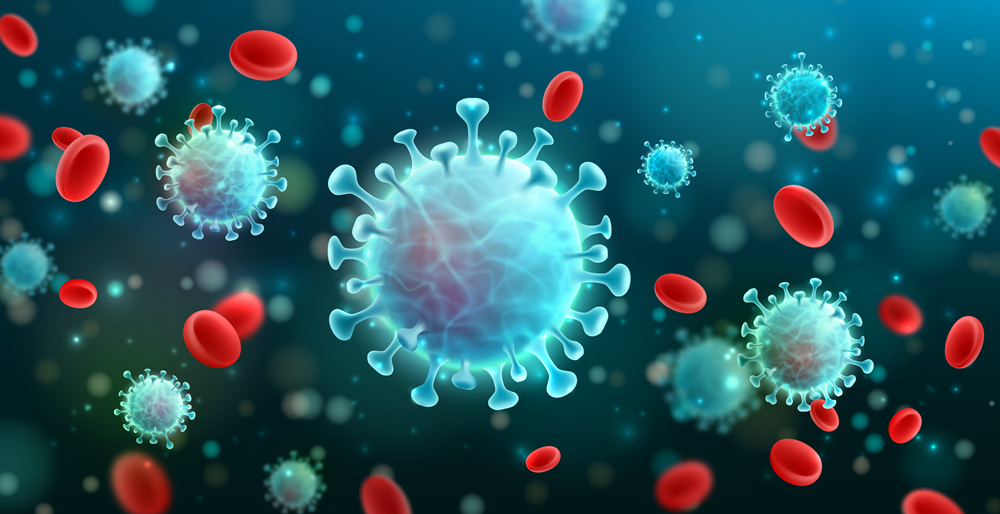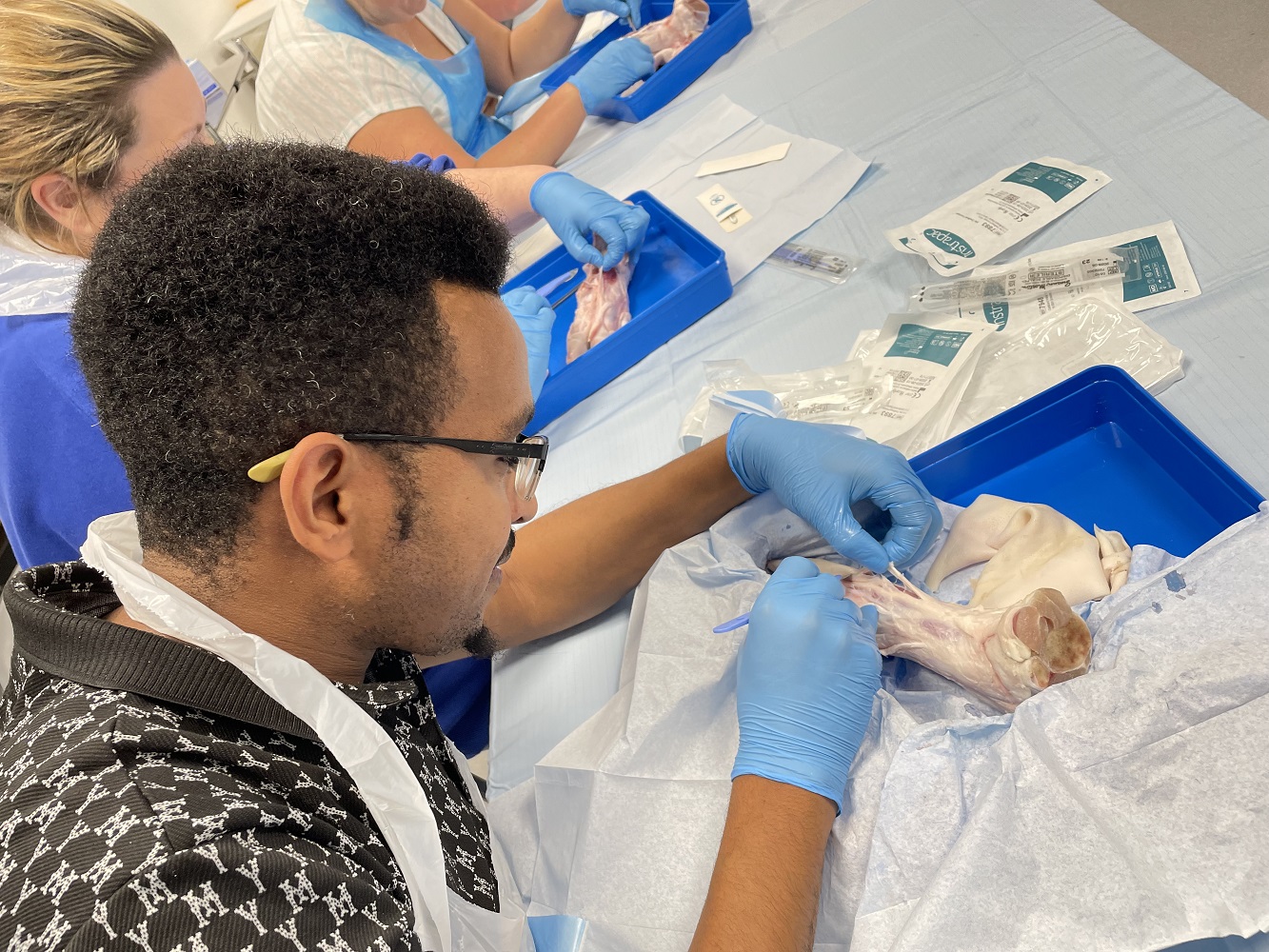
Please note our Leading an Empowered Organisation™ (LEO) programme is a development opportunity for nursing, midwifery and allied health professional (NMAHP) staff working at Newcastle Hospitals only

This course provides an overview of the targeted therapies and immunotherapies given to some people with oesophageal, stomach, pancreatic or liver cancer, or cancers of the biliary system

Benign Paroxysmal Positional Vertigo (BPPV) is one of the most common causes of dizziness and imbalance, significantly increasing fall risk - especially in older adults. Join our hands on practical course to help you demystify the physiology and management of BPPV with a focus on practical skills and case scenarios to help you to gain confidence to assess and treat patients.

Benign Paroxysmal Positional Vertigo (BPPV) is one of the most common causes of dizziness and imbalance, significantly increasing fall risk - especially in older adults. Join our hands on practical course to help you demystify the physiology and management of BPPV with a focus on practical skills and case scenarios to help you to gain confidence to assess and treat patients.

This dynamic, hands-on study day for nursing professionals is designed to strengthen confidence and skills when dealing with ophthalmic emergencies.

Join leading experts, researchers and frontline professionals for a one-day deep dive into the latest threats, treatments, and strategies in infectious disease control.

Please note our Leading an Empowered Organisation™ (LEO) programme is a development opportunity for nursing, midwifery and allied health professional (NMAHP) staff working at Newcastle Hospitals only

Join leading experts and frontline professionals for a one-day deep dive into the latest developments challenges, treatments and strategies in paediatric respiratory medicine.

This two-day course will teach the different methods of wound debridement, with a special focus on conservative sharp debridement, facilitated by the Newcastle Hospitals’ Tissue Viability Team with guest speaker specialists from Dermatology, Plastics, Podiatry as well as a physiology and anatomical expert.

This course explains why breast cancer arises, the different ways that the DNA in our cells gets damaged and the targeted treatments that match a few of the known mutations. It also explores the science behind hormone therapies, targeted therapies, and immunotherapies given to patients with hormone receptor-positive, HER2-positive, and triple-negative breast cancer.

A unique Specialist Consultant taught interactive educational experience for the referring and reporting of Cone Beam CT. Validated by the Royal College of Physicians and Surgeons (Glasgow) in order to match the recommended hours for Level 2 reporting.

Our Laser Protection Supervisor (LPS) Training encompasses the fundamental principles of laser safety. We combine self-paced learning materials with practical scenario-based teaching. This course aims to provide you with the appropriate knowledge and confidence to fulfil your duties as an LPS in your workplace.